

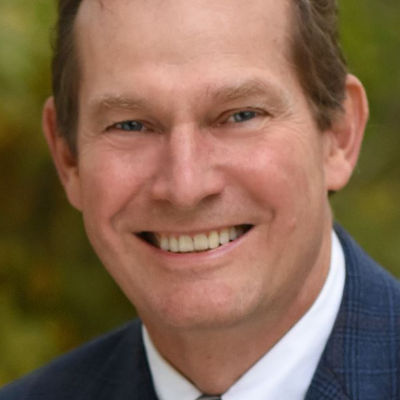 Dr. Bryan Benedict
Dr. Bryan Benedict
Dr. Bryan Benedict serves as Senior Director of Innovation & Spacecraft Programs at SES Space & Defense. During his career he has worked extensively within the commercial industry, DoD and US Civil Agencies to socialize the advantages of hosting payloads on commercial spacecraft. Additionally, Dr. Benedict has been a key advocate in the commercial industry for the use of space robotics for both recovery and life extension of geosynchronous satellites. Dr. Benedict has been awarded a number of patents throughout his career – the latest for delivery of microsatellites to orbit piggybacking on the nadir deck of geosynchronous communication satellites.
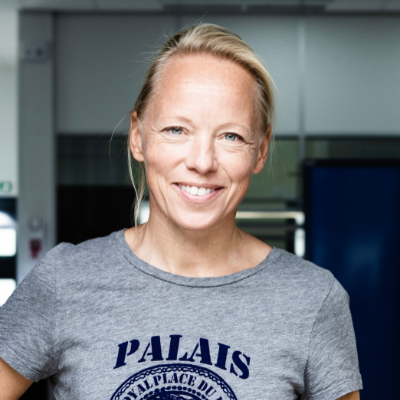 Dr. Ane Aanesland
Dr. Ane Aanesland
Dr Ane Aanesland is a Norwegian deep-tech entrepreneur with deep roots in scientific research. She is the co-founder and CEO of ThrustMe, an industrial space startup providing innovative propulsion solutions to maneuver satellites in space. In 2020, ThrustMe became the first company to successfully demonstrate an iodine-propelled electric propulsion system in space and now they deliver industrialized products to clients worldwide and are baseline on large EO satellite constellations.
Ane received the Innovation Medal of the Centre Nationale De La Recherche Scientifique (CNRS) in 2019 and was appointed by the French Government as an ambassador for its France 2030 space strategy in 2022.
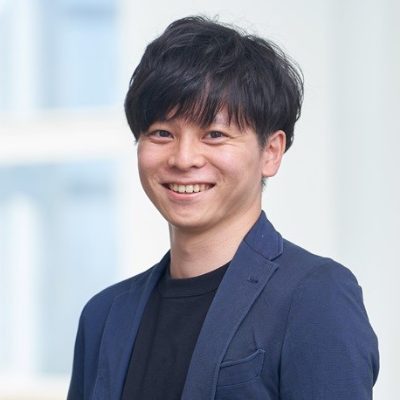 Dr. Jun Asakawa
Dr. Jun Asakawa
Dr. Jun Asakawa founded Pale Blue in 2020 to develop next-generation space mobility after working as an assistant professor at the University of Tokyo Graduate School of Frontier Sciences. He has led the development of propulsion systems for Procyon Probe (world’s first deep space microsatellite), AQT-D Satellite (water propulsion system), EQUULEUS Satellite (water propulsion system) and other small satellite/spacecraft. With his expertise in propulsion systems, Dr. Asakawa has won MIT Tech Review “Innovators Under 35 Japan 2020,” IEPC “Best Paper Award,” and has been selected as Bloomberg New Economy Catalysts 2022.
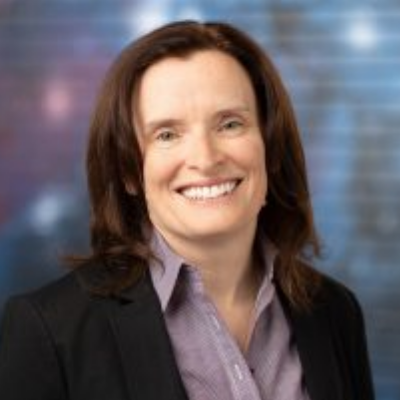 Dr. Clare Martin
Dr. Clare Martin
Dr. Martin joined Astroscale U.S. in August 2019 as Executive Vice President. She brings many years of experience in space technology management, operations, and engineering to support the foundation and growth of Astroscale U.S.
Dr. Martin previously held the position of the Director, Orbital Solutions at General Atomics Electromagnetic Systems (GA-EMS). She was responsible for the management and technical performance of the engineering staff and delivery of projects, including planning and managing technical and programmatic solutions to ensure quality, business, and financial objectives were met.
Prior to joining GA-EMS, Dr. Martin was the Chief Operating Officer at Surrey Satellite Technology US, where she led the Surrey project management and engineering teams. As a member of the Surrey Satellite US Executive Team, Dr. Martin managed the bidding, negotiation, and execution of projects, and was responsible for ensuring the company’s cost-effective methods were appropriately applied to the execution of programs.
Dr. Martin transferred to Surrey Satellite US from Surrey Satellite Technology Ltd. in the United Kingdom, where she held several positions including the Head of Telecommunications and Navigation business unit, encompassing the Galileo payload programme. Prior to Surrey, Dr. Martin was a Project Manager and Scientist at QinetiQ.
Dr. Martin earned a Master of Science in astrophysics and a Doctorate in mathematics and computational sciences from the University of St. Andrews in Scotland. She loves to explore and adventure the mountains in Colorado.
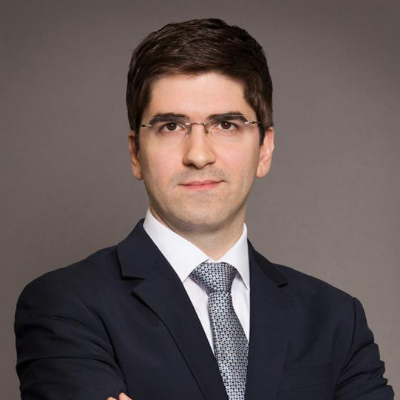 Dr. Alexander Reissner
Dr. Alexander Reissner
Alexander Reissner started his career in the space business with RUAG Space, working in Thermal Hardware and later in Mechanical Engineering on projects like Sentinel or Bepi Colombo. He then joined the Austrian Institute of Technology and became the Team Leader for Electric Propulsion Systems. In 2013, he became the head of the Department of Aerospace Engineering shortly after it was moved to FOTEC. After growing this department from 5 to 17 scientists and engineers, he realized the potential of the FEEP technology in the SmallSat market and founded ENPULSION.
His education took him from a Dipl.Ing. (MSc) in Physics at the Technical University of Vienna to the Korean Advanced Institute of Science and Technology (KAIST) in South Korea where he started a PhD program in Aerospace Engineering. He then followed his supervisor to the Technical University of Dresden where he finished his PhD Program. Alexander Reissner was also appointed to be the General Chair of the International Electric Propulsion Conference (IEPC) in 2019, which took place in Vienna.
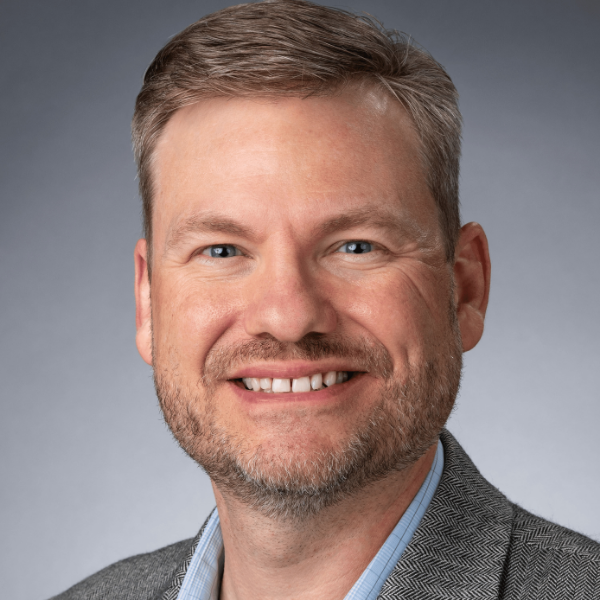 Chris Winslett
Chris Winslett
Chris Winslett is the General Manager of Blue Canyon Technologies (BCT), part of the Space, Imaging and Microelectronics (SIM) leadership under the Advanced Products & Solutions Strategic Business Unit of Raytheon, an RTX business.
With close to 25 years of industry experience, Chris joins BCT from Lockheed Martin where he most recently was the Program Director for SDA Transport Layer Programs. Prior to this role, he was the Director of Programs for OneWeb Satellites, a joint venture between OneWeb and Airbus. In this position, he was responsible not only for completing the design and development of the OneWeb constellation, but also for standing up a factory that was able to produce 10 satellites a week and for developing a strategy to leverage that production to build a wider customer base. Before joining OneWeb, Chris worked with Boeing for 17 years, holding a variety of positions across the company including leading the Platform and Payload Products for the Satellite Vehicles Business Unit.
Chris earned a Bachelor’s and Master’s Degree in Electrical Engineering from Georgia Institute of Technology.